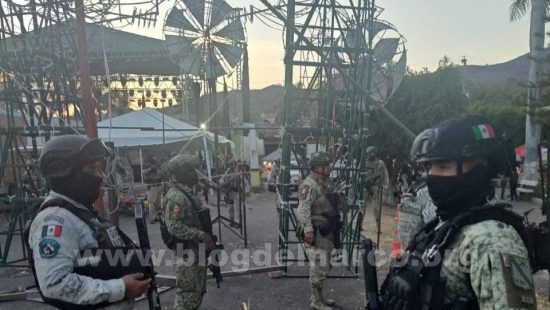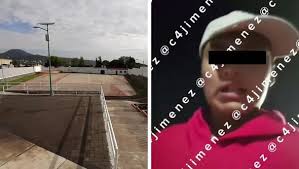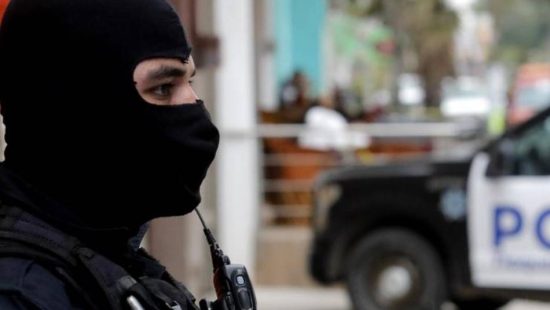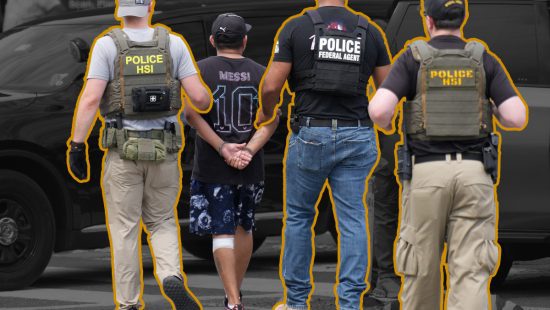Senior US immigration officials over the weekend instructed rank-and-file officers to “turn the creative knob up to 11” when it comes to enforcement, including by interviewing and potentially arresting people they call “collaterals,” according to internal agency emails viewed by the Guardian.
Officers were also urged to increase apprehensions and think up tactics to “push the envelope” one email said, with staff encouraged to come up with new ways of increasing arrests and suggesting them to superiors.
“If it involves handcuffs on wrists, it’s probably worth pursuing,” another message said.
The instructions not only mark a further harshening of attitude and language by the Trump administration in its efforts to fulfill election promises of “mass deportation” but also indicate another escalation in efforts, by being on the lookout for undocumented people whom officials may happen to encounter – here termed “collaterals” – while serving arrest warrants for others.
The emails, sent by two top Immigration and Customs Enforcement (Ice) officials this past Saturday, instructed officers around the country to increase arrest numbers over the weekend. This followed the Department of Homeland Security secretary, Kristi Noem, and the White House deputy chief of staff, Stephen Miller, pressing immigration officials last month to jack up immigration-related arrests to at least 3,000 people a day.
One of the emails, written by Marcos Charles, the acting executive associate director of Ice’s enforcement and removal operations, instructs Ice officials to go after people they may coincidentally encounter.
“All collaterals encounters [sic] need to be interviewed and anyone who is found to be amenable to removal needs to be arrested,” Charles wrote, also saying: “We need to turn up the creative knob up to 11 and push the envelope.”
The email later added: “We complained for the last four years about not being allowed to do our job, and now the time has come for us to step up!”
Experts explained that collateral arrests happen when Ice has a warrant to arrest a particular person or persons but when they arrive, they might encounter additional people, such as relatives or co-workers, and then arrest them as well. This despite not having additional warrants or necessarily any evidence of crimes. Being undocumented in the US is a civil offense, not criminal, so “collateral” arrests may oftentimes include people with no criminal backgrounds.
Ice is typically required to have a warrant before they arrest someone. Although not illegal, the practice of collateral arrests without a warrant has been less common, due to heightened legal requirements.
“I am extremely troubled by [the emails] for a number of reasons,” said Mark Fleming, associate director of litigation at the National Immigrant Justice Center (NIJC). Fleming said the emails suggest an attempt by Ice to skirt the legal requirements for warrantless arrests.








